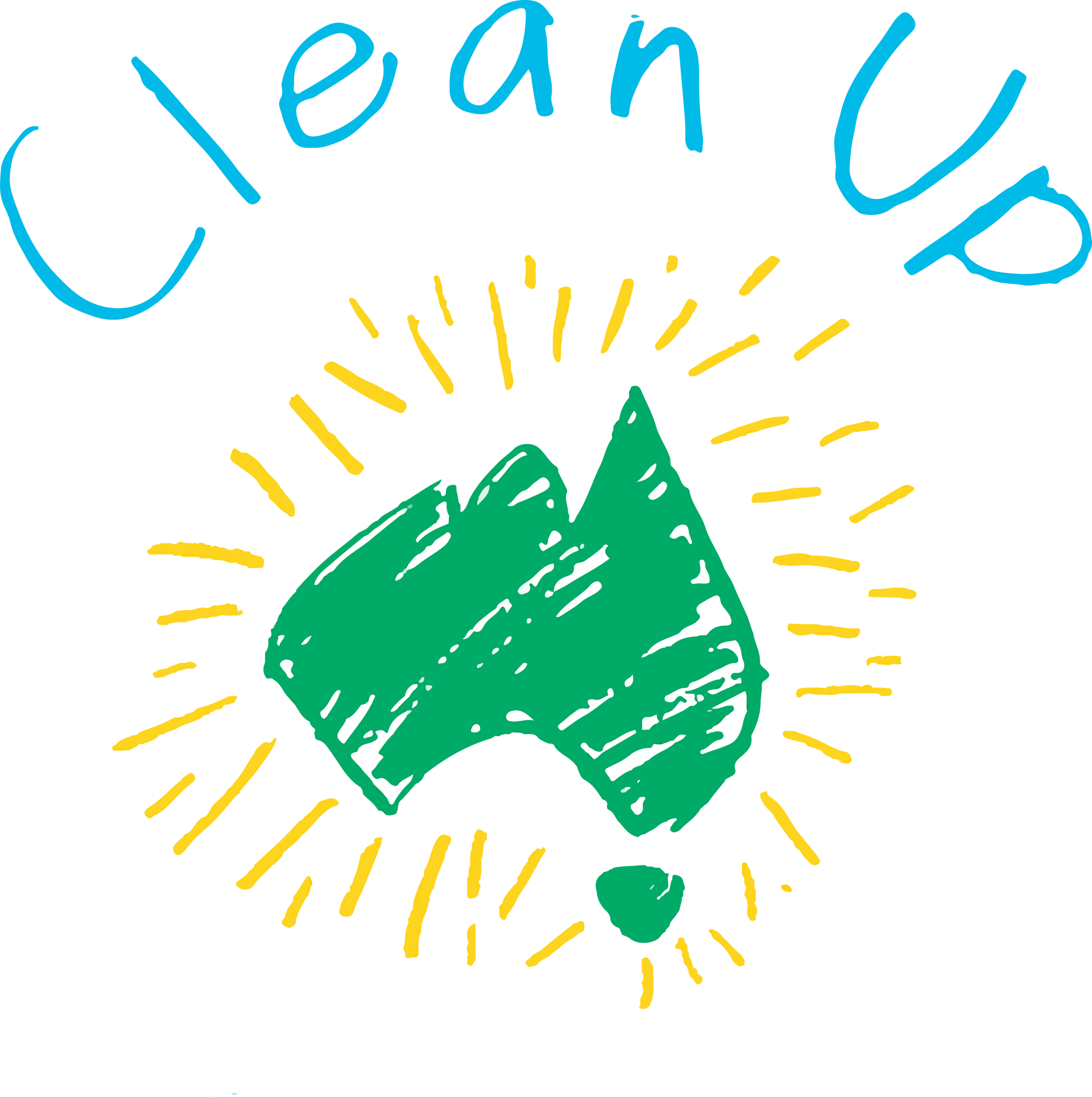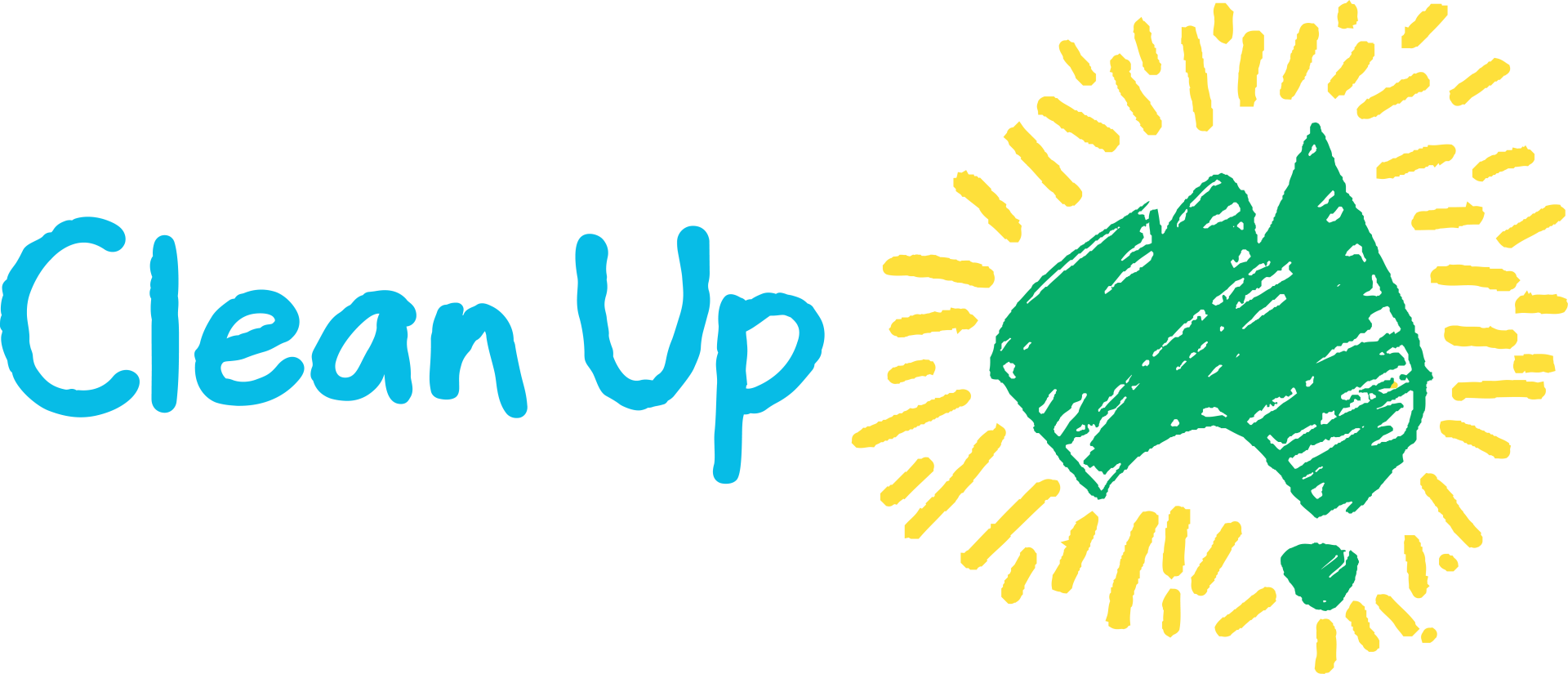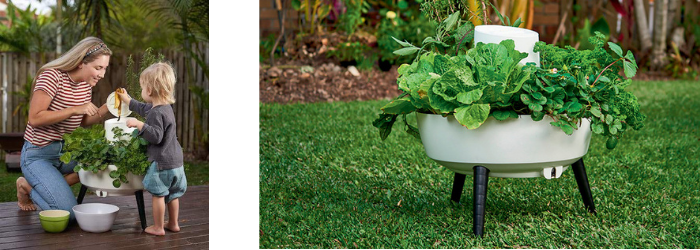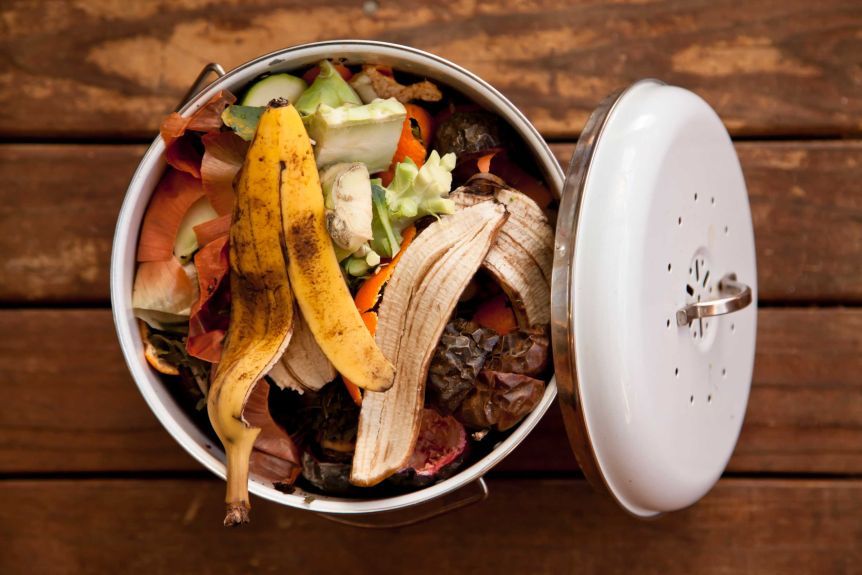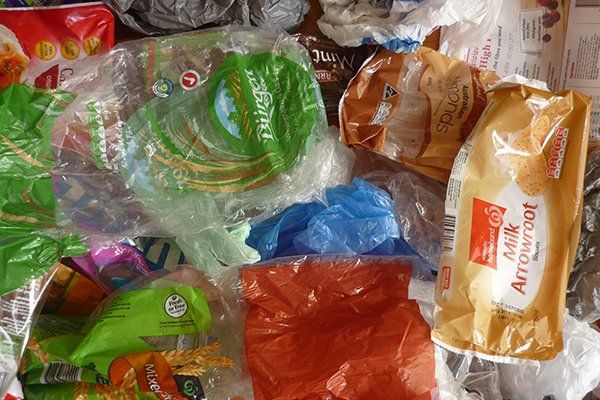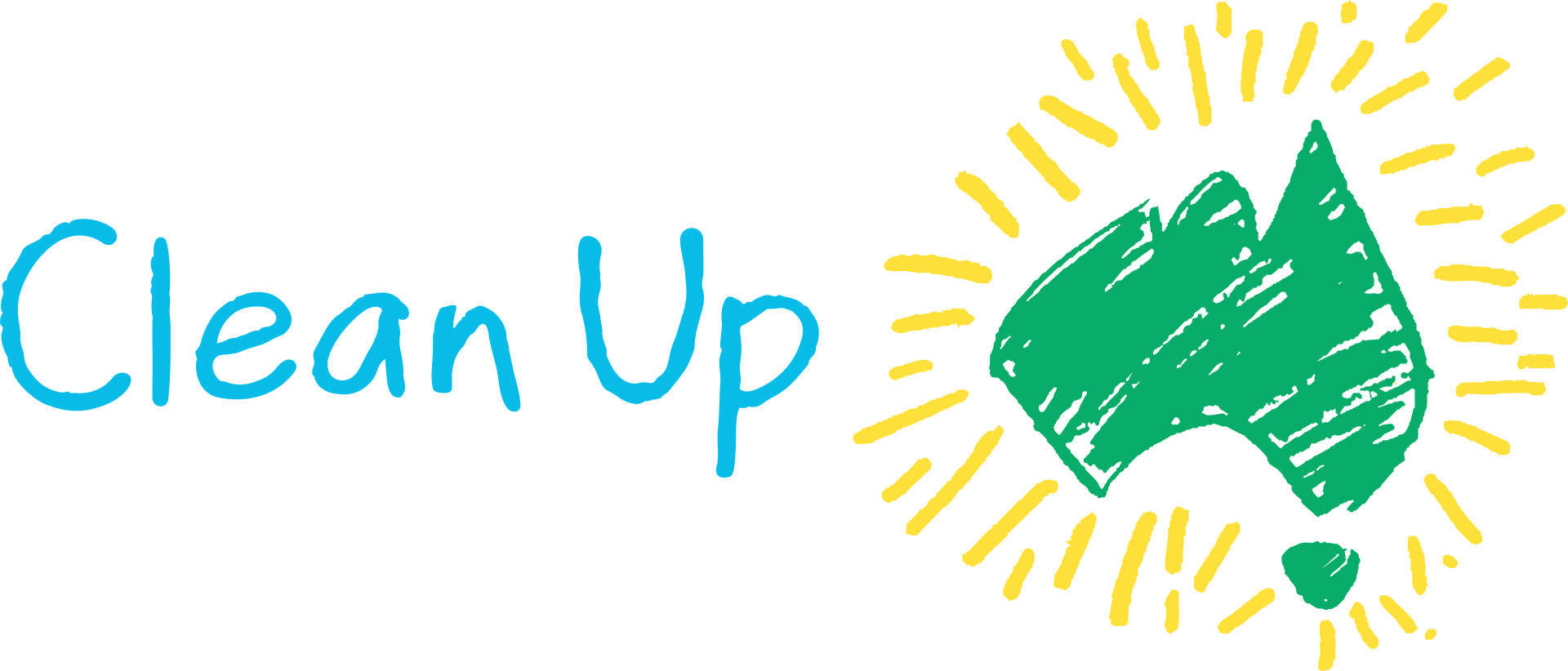How to change your waste habits
When it comes to creating good habits, behaviour change can be a great tool to have a real impact on the environment.
by Victoria Gerrard

Make it Easy, Attractive, Social and Timely!
The EAST framework is a simple and easy way to think about the habit you are wanting to change. It has been developed by the experts in the area of behaviour for policy problems but is simple enough for anyone to use and it offers a great way to influence your own behaviour.
Research shows that by just physically writing down your goals, you increase your chance of completion by 42%!
So by making your Pledge post you will take a great step towards changing your waste habits.
Easy
Reduce any hassle around performing the behaviour. If you keep forgetting to pack your reusable coffee cup, leave it on the kitchen counter instead of in your cupboard so you won’t forget on your way out. Keep your shopping totes in the boot of your car and a metal straw and fork in the glovebox.
Attractive
Look for aesthetically pleasing options - are you keen to start a wormfarm but turned off by those big black boxes? Why not get a wormfarm and garden in one? If you LOVE takeaway, but HATE waste, invest in a stylish Reusable Takeaway Container.
Social
Making a public commitment makes a difference! Simply sharing your goal, even once, activates a powerful pillar of influence. Once you’ve publicised something, you’re more likely to follow through with it. Make a LinkedIn, Facebook or Instagram post about your Pledge (and tag a few friends + #stepuptocleanup).
Timely
Plan out exactly how you will achieve your Pledge. E.g. Using a timeline or setting goals.
How you can use behaviour change principles for your Step Up Pledge
To apply the above EAST framework, you will need to brainstorm a little about your specific Pledge. This will vary from person to person since everyone’s behaviours and Pledges are different.
What is it that you’re particularly concerned about? Recycling your soft plastics? Reducing electronic waste? Taking empty bottles and cans to a Container Refund Scheme? To bringing your own waterbottle? To composting? To buying recycled, to choosing not to buy fast fashion, or refusing to purchase fruit and vegetables pre-wrapped in plastic?
One program that covers individual and household waste is REDcycle, helping you to divert soft plastics from landfill. This system is in partnership with supermarkets (Coles and Woolworths) to provide an easy place for everyone to dispose of soft plastics which are converted into new products. Such examples are indoor and outdoor furniture, asphalt additives and air conditioner components!
An example of a school targeted initiative is the Waste Wise Schools Program (WWS) which partnered with Monash University and BehaviourWorks to address the problem of uneaten food. From their investigations, it was found that in order to reduce food waste in school that parents get their child more involved in what goes into their lunches each day. The other was to take any leftover food back home with them at the end of the school day. This way of understanding the behaviour and why it occurs is key to prevent it from happening in the future.
Another way that waste can be reduced is in the workplace, to keep valuable resources for reuse such as E-waste. E-waste is extremely hazardous to put in landfill from the raw materials (lead, silver, zinc) that can leach into the ground and harm our environment, waterways and biodiversity. Your business can participate in business recycling with the use of Planet Ark’s ‘Recycling Near You’ directory. There are also other E-waste recycling services which use drop-off points for items such as computers, mobile phones, batteries and much more.
When there is too much effort associated with the behaviour, then it reduces the likelihood of carrying it out. The Adelaide Green Team used this strategy and provided compostable plates to make composting organics easier and not relying on people scraping their food scraps into the bin.
One main aspect of behaviour change is social norms, a very powerful tool to create real world change. Social norms are the expectations and actions of a group which are, often implicit, guides in our behaviour. Making plans about how you will achieve your goal increases your chance of fulfilling your goal. In order to do this, one way is to simply write the plan down and another is to think about potential barriers and solutions for them.
Victoria is an energy engagement officer with SECCCA and recent Monash Master of Environment and Sustainability graduate with strong interests in climate change.
Search for other blog topics:
